[ad_1]
We could also be biased, however exploring the underwater world is the most enjoyable expertise on the planet. Even so, we, as scuba divers, must observe a couple of guidelines that may maintain us protected and ensure be certain that the one surprises we encounter are good ones.
Whether or not you need newbie scuba diving ideas otherwise you’re a seasoned diver searching for a recap of protected diving practices, this checklist summarizes the golden guidelines of scuba diving.
The Guidelines of Scuba Diving:
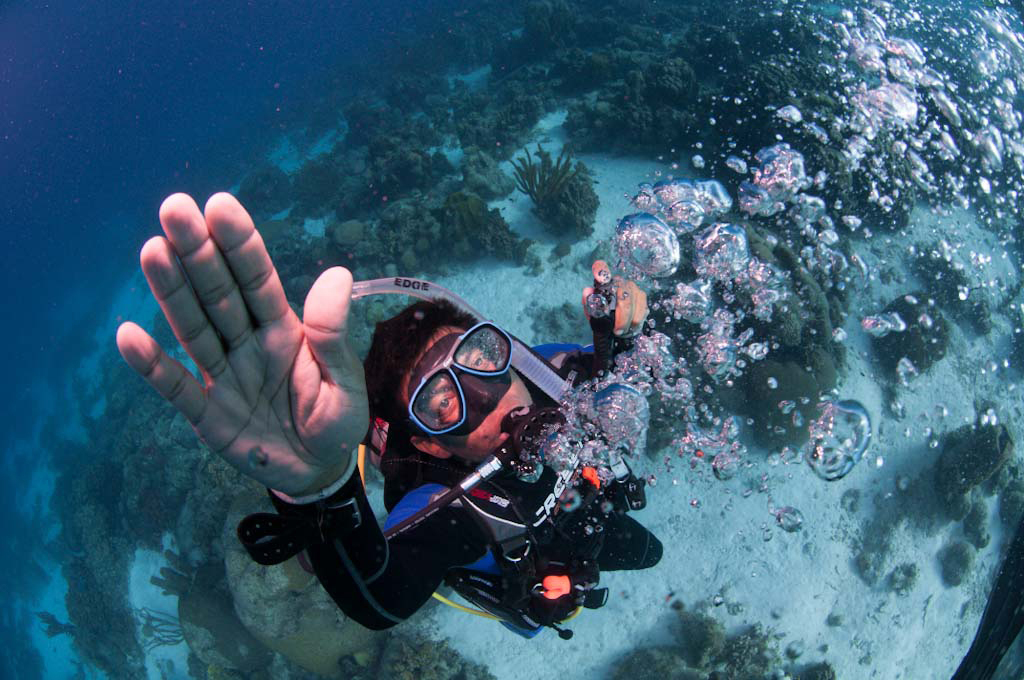
By no means Maintain Your Breath
The primary rule of scuba diving is to breathe repeatedly and by no means maintain your breath. The results of water stress imply the air inside your lungs expands while you ascend, and never releasing it might probably trigger lung accidents. Preserve respiration usually all through your dive, and also you’ll additionally really feel calmer and use much less fuel than in the event you maintain your breath.
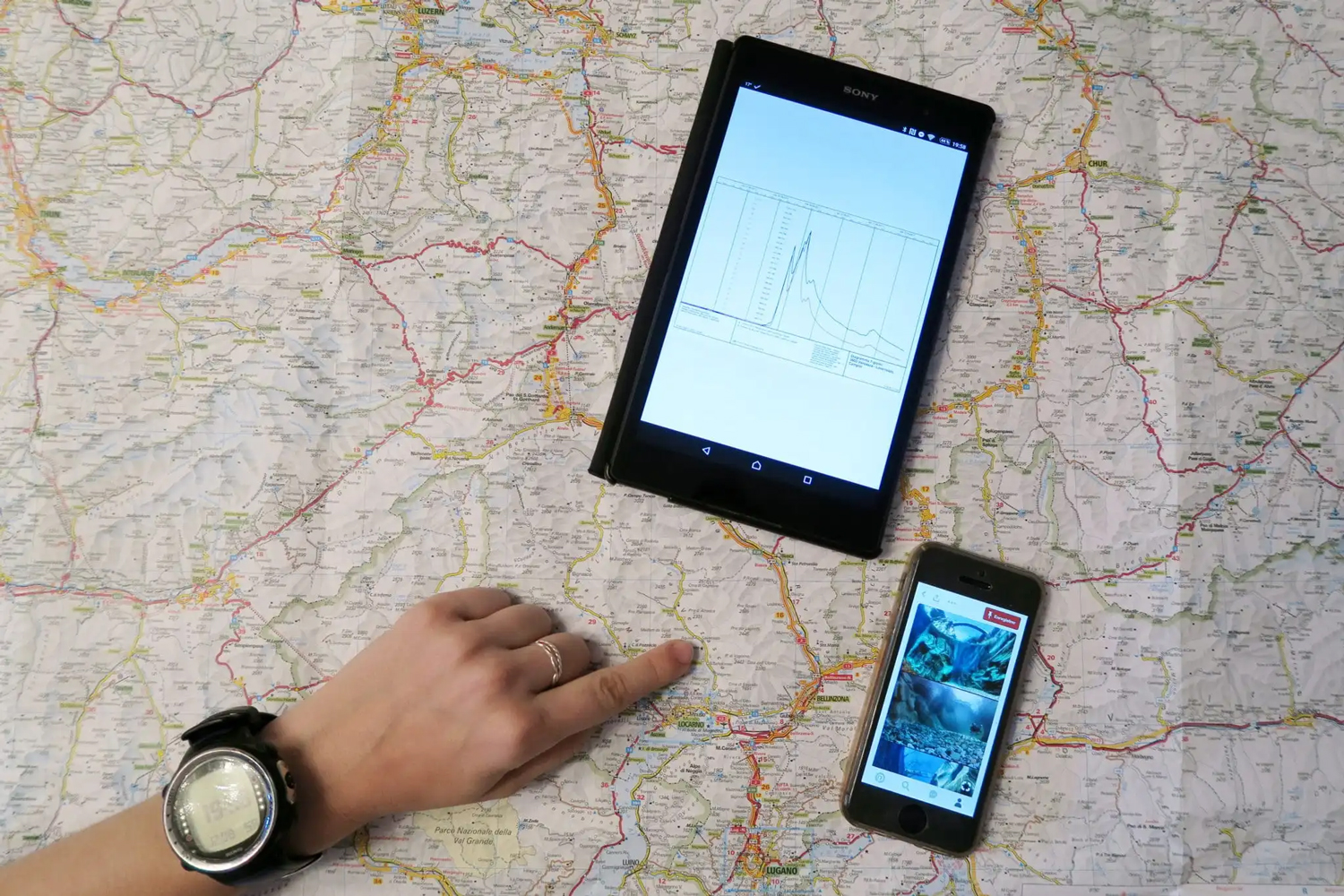
Plan Your Dive
Even in the event you’re following the lead of a PADI Skilled, enthusiastic about your dive plan is step one to a protected and pleasant journey. As an illustration, it helps you put together bodily and mentally by:
At all times plan the dive inside no-decompression limits utilizing a dive laptop or dive tables. Take into account the Rule of Thirds for respiration fuel administration. Above all, keep on with the mantra, “Plan the dive, dive the plan.”
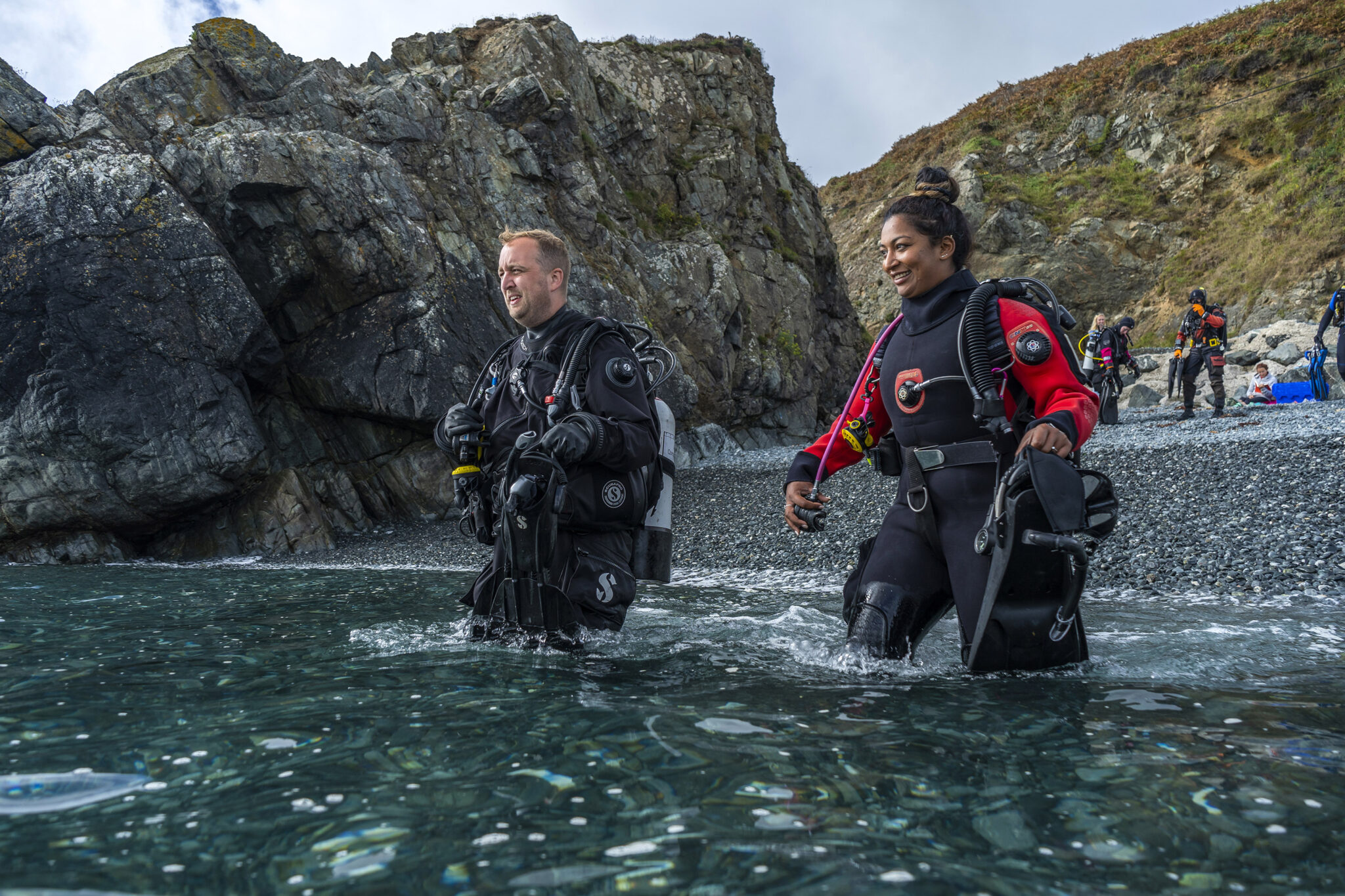
Dive Inside Your Limits
Somewhat problem will be rewarding, however pushing your self too far is extra more likely to create issues. There are some hard-and-fast scuba diving guidelines, similar to to remain inside the most depth limits you’re licensed for and whether or not you’re certified to do specialist diving, similar to ice diving. In any other case, limits are private and would possibly change from day after day, relying on issues like how lately you’ve dived and in the event you’ve received expertise in the kind of diving, location, or circumstances.
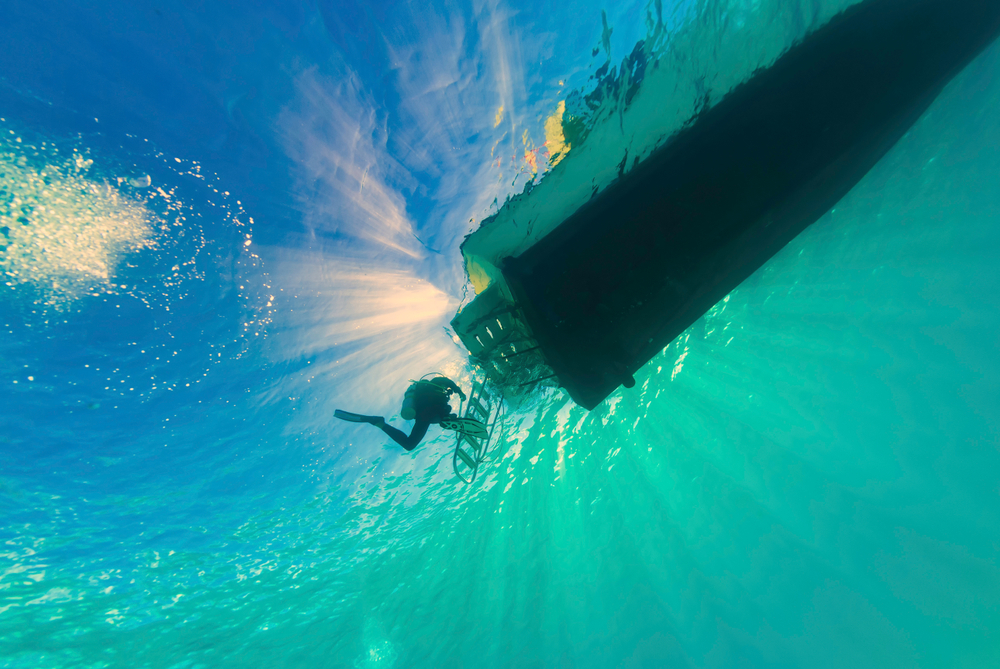
Ascend Slowly (and Don’t Overlook Your Security Cease)
One of many primary guidelines of scuba diving is to observe protected ascents. This reduces the danger of decompression illness (DCS), aka “the bends“. Firstly, be a SAFE Diver: Slowly Ascend From Each Dive at a price of no sooner than 18 meters /60 toes per minute. Then, as an additional precaution for leisure diving, make a security cease at 5 meters/15 toes for not less than three minutes (technical diving usually calls for extra stops).
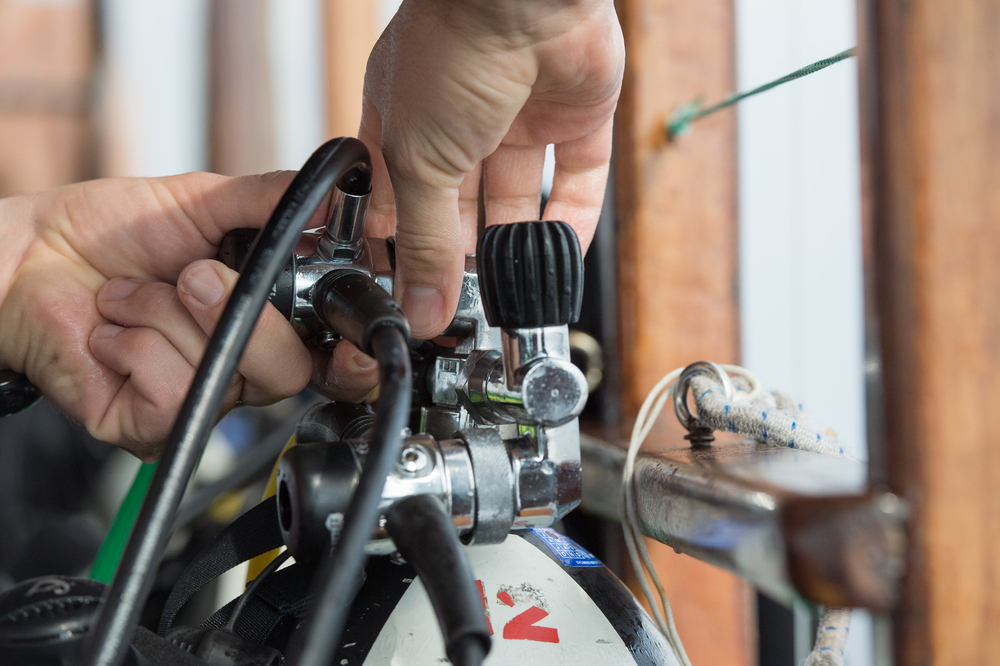
Test Your Gear
As your lifeline underwater, you must examine your scuba gear totally earlier than every dive. For instance:
Though uncommon, it may be harmful if dive gear malfunctions underwater, so that is one other scuba rule you could not ignore.
Grasp Your Impartial Buoyancy Abilities
Working towards and honing your buoyancy expertise and weighting makes for safer, happier diving. You’ll be capable of management your ascents and descents, hover motionlessly, and glide effortlessly by means of the water. Furthermore, appropriately adjusting your buoyancy for the depth and circumstances helps you preserve fuel and keep away from damaging marine life.
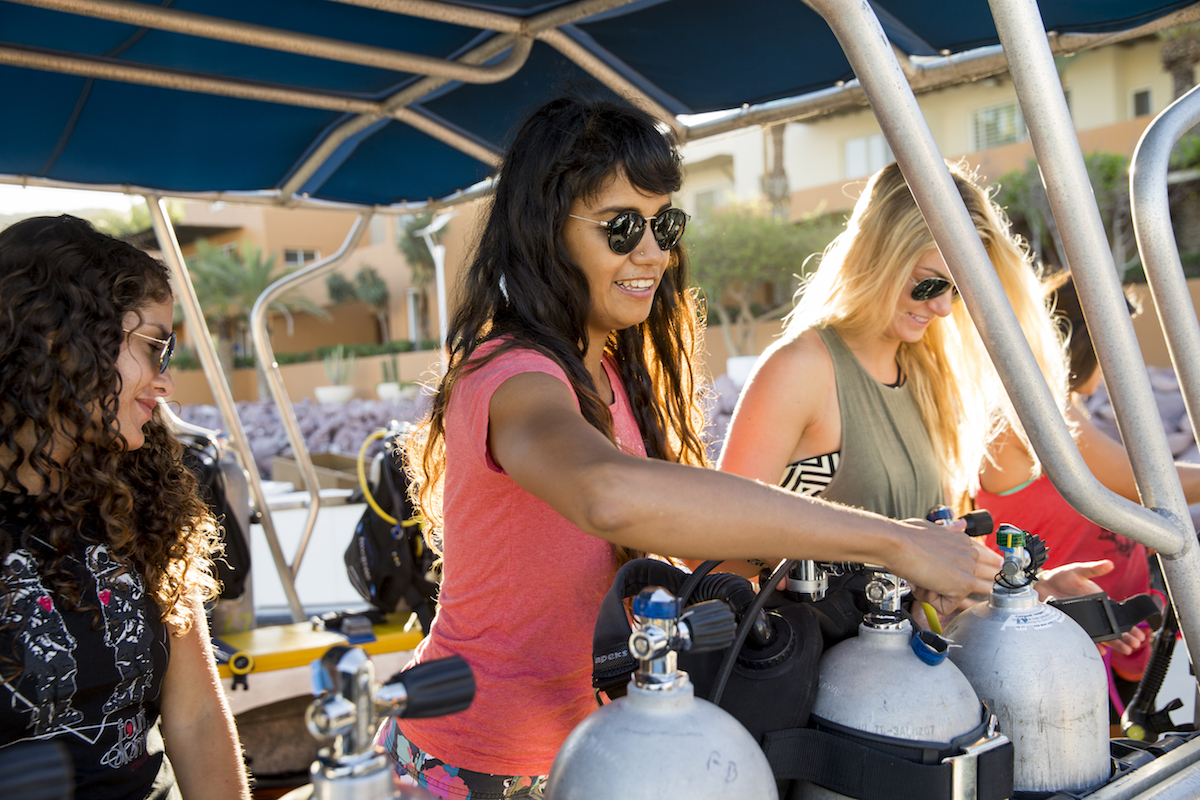
By no means Dive Alone
A shared dive is a protected dive. Regardless of how skilled you’re, by no means dive and not using a buddy. We use the buddy system to scale back danger and assist in an emergency, however your buddy may help with navigation, utilizing gear, and fish identification. In fact, it’s not nearly guidelines in diving; having a buddy means you’ve received another person to share your unfiltered, epic adventures with!
Get a New Dive Buddy
If you wish to share your ardour with the folks you care most about, then convert your pals into divers and embark on a brand new buddy journey collectively. Invite your pals to discover ways to dive with 15% off the Open Water Diver eLearning course and get a free 30-day PADI Membership™ trial membership while you refer a good friend.
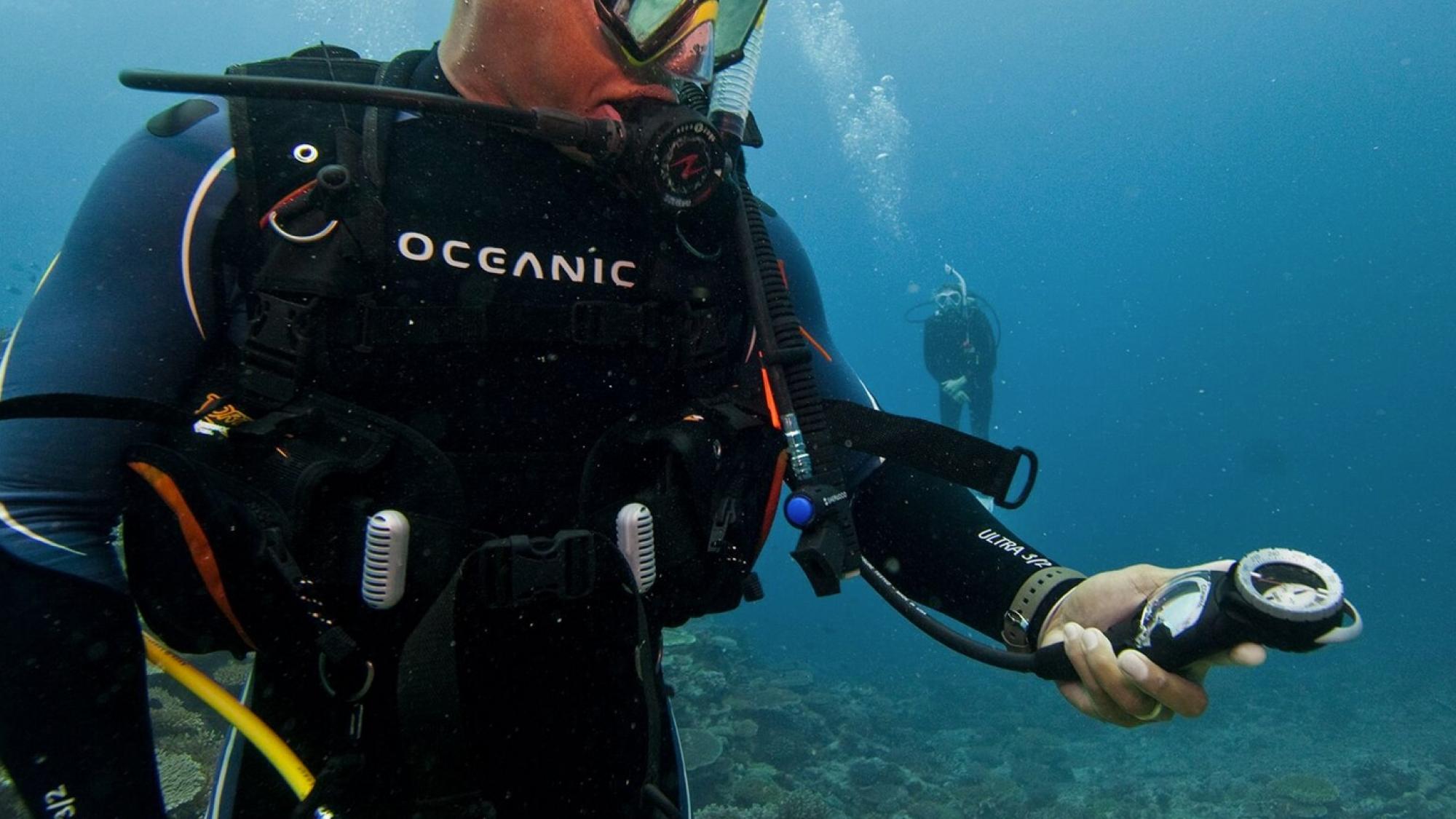
Monitor These Gauges
Utilizing dive watches, submersible stress gauges (SPGs), and/or dive computer systems permits us to monitor important dive stats, together with depth, fuel, and backside time. This helps us keep our dive plan and keep away from sticky conditions, like operating low on fuel. Elements similar to depth, temperature, and exertion can all have an effect on fuel consumption, which is why the security guidelines of scuba diving embrace checking your gauges or laptop each couple of minutes to forestall surprises.

Preserve Your self Match
As a diver, you is perhaps carrying heavy gear, studying new expertise, or encountering currents. Help a wholesome physique and thoughts by following these important scuba diving pointers, and you’ll be higher positioned to deal with any psychological and bodily calls for.
Attempt to dive frequently in order that your dive expertise keep match, too. You would possibly profit from further coaching or, if it’s been some time since your final dive, a fast scuba diving refresher.
Equalize Usually
A cardinal diving security rule is to equalize usually when descending to forestall ear barotrauma. If you happen to’re struggling to “clear your ears”, inform your buddy, ascend barely, then strive once more. If that also doesn’t work, finish the dive; by no means proceed descending in case your ears are hurting, as it could result in long-term harm.

With numerous unimaginable dive locations to discover, we should keep in mind the principles for diving and flying. Due to how residual nitrogen in our our bodies responds to the speedy stress change throughout a flight at altitude, flying after diving can result in decompression illness. As such, the advice is to wait 12 to 24 hours earlier than flying after any dive.
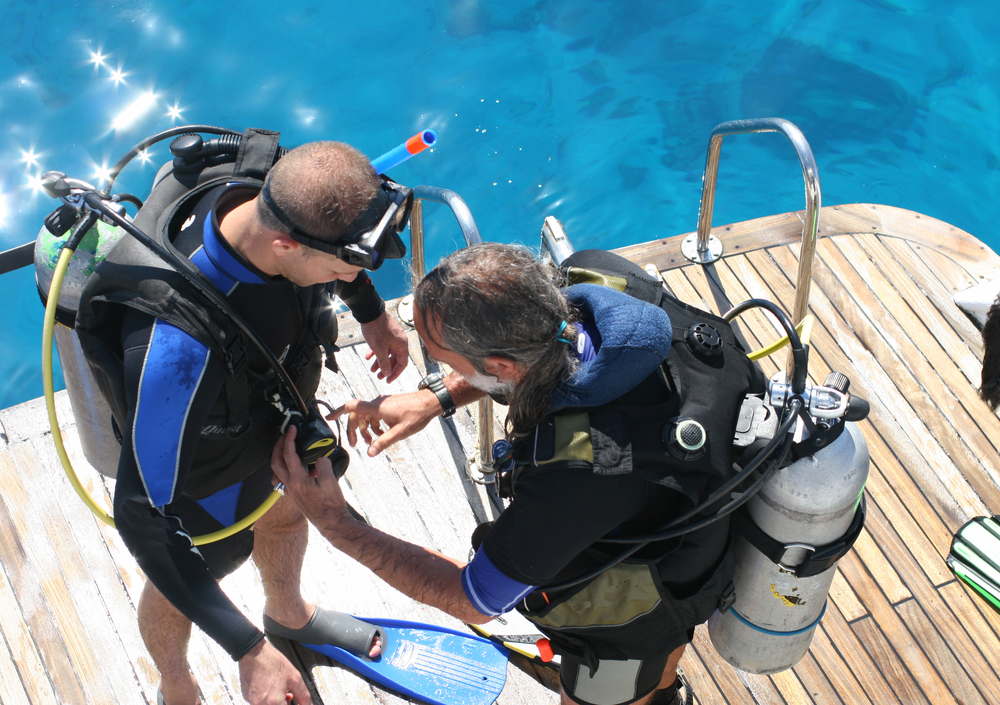
Conduct Pre-Dive Checks
A pre-dive examine (or “buddy examine”) is one of the simplest ways to catch and forestall potential points earlier than a dive. Together with your buddy, you’ll be able to:
- Take a look at your gear works correctly (and that your fuel is “on”)
- Evaluation your dive plan and emergency procedures
- Familiarize your self together with your buddy’s gear
- Recap or be taught dive alerts you’ll use collectively
Whether or not you observe “BWRAF” or one other guidelines, one of many prime guidelines in scuba diving is to finish your pre-dive checks earlier than each dive.
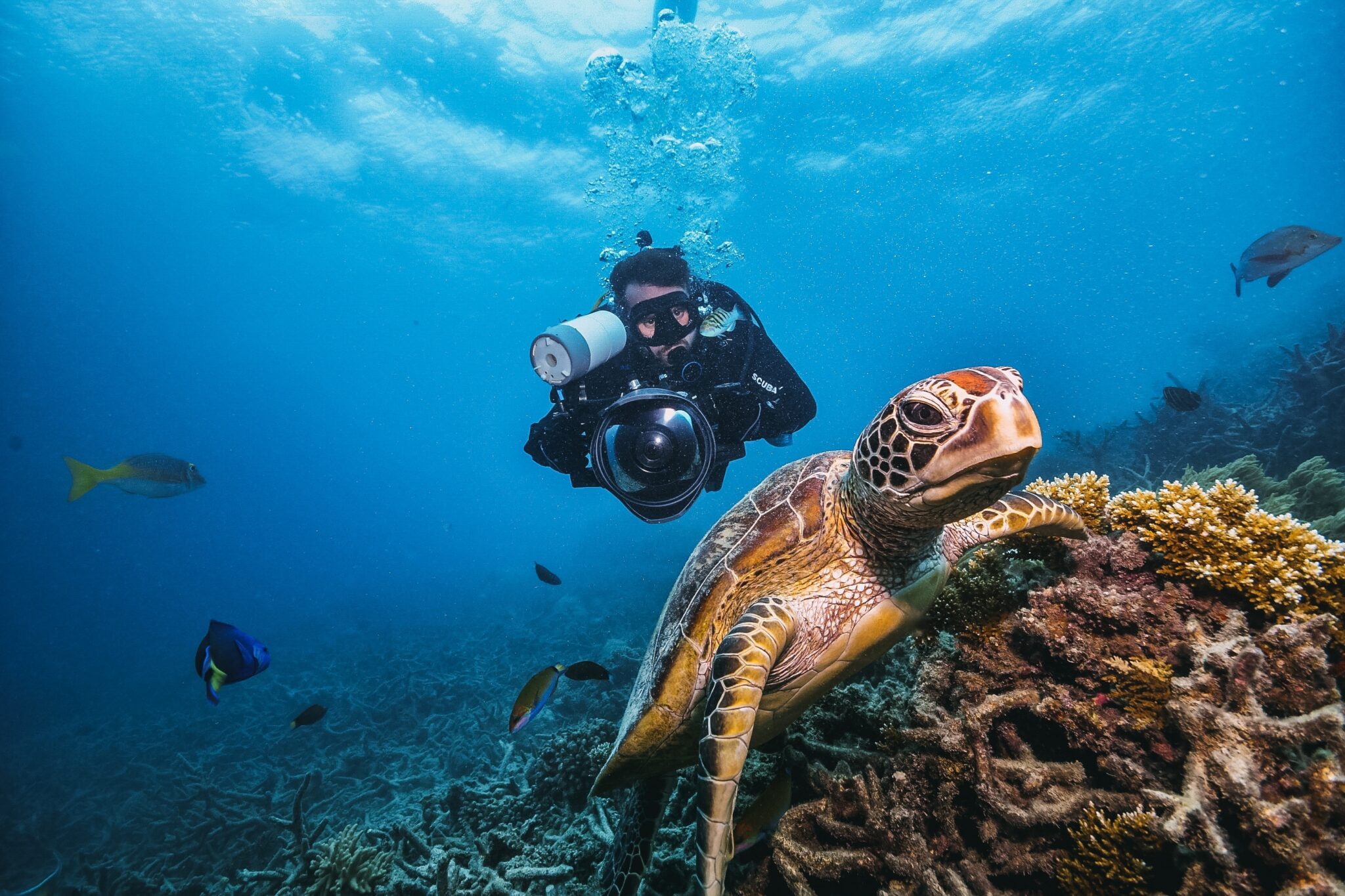
No Touching
That is arguably crucial rule of scuba diving for ocean conservation: don’t contact marine life. Reef ecosystems are fragile, and even the lightest contact will be dangerous. Secondly, you would possibly get a painful chew, burn, or sting in the event you disturb poisonous critters. As an alternative, respect marine wildlife from a protected distance and seize your reminiscences with images and movies.
Get Licensed
Lastly, and maybe crucial rule of scuba diving, is to be sure you’re licensed for the diving you propose to do. That method, you’ll know the proper methods and diving guidelines, in addition to gear expertise to handle circumstances safely.
Getting licensed might imply studying scuba fundamentals within the Open Water Diver course or growing your underwater skills and pursuits with PADI Specialty programs, similar to Night time Diver, Enriched Air (Nitrox) Diver, or Wreck Diver. Why not plan your subsequent course in the present day?
[ad_2]



